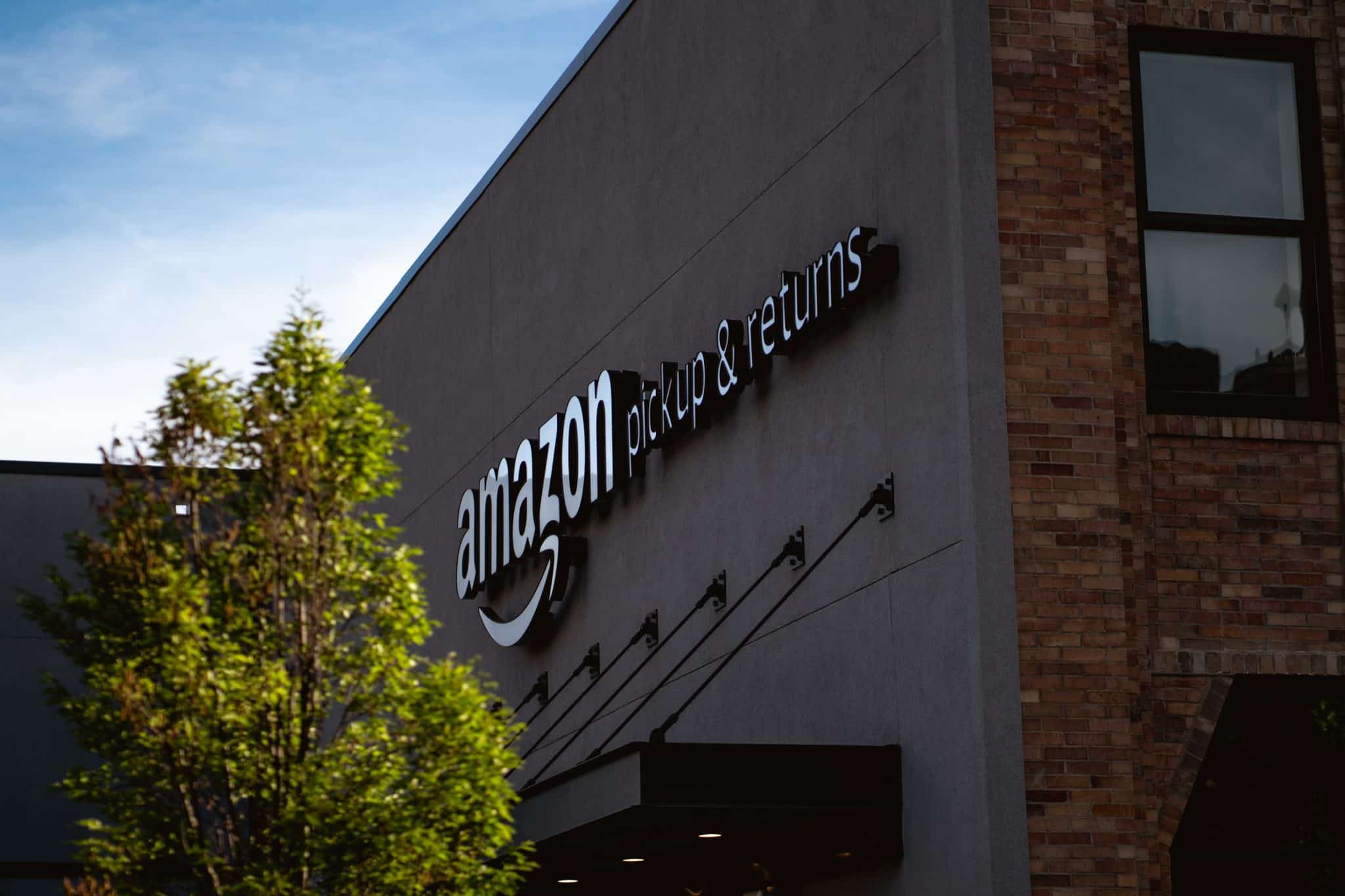Alisha Jarwala is a student at Harvard Law School and a member of the Labor and Employment Lab.
It’s a big news week for Amazon. First, the New York Times published a feature on the grassroots alliance developing against the company. Athena, a new coalition made up of three dozen grassroots groups, is trying to unify resistance to Amazon that is beginning to form across the country. Athena’s member organizations include the Awood Center in Minneapolis, which organized Amazon workers from East Africa; Fight for the Future, which focuses on digital issues; and Chicago-based Warehouse Workers for Justice. Grassroots efforts to rein in Amazon have been unexpectedly successful in the last year—for example, it abandoned plans to build a headquarters in New York after activists mobilized in opposition. Athena director Dania Rajendra told the Times that Athena is “learning from what makes Amazon back down, and looking to replicate that as much as possible with as many people as possible.”
The same New York Times article highlighted a new report from the Economic Roundtable, which examines what Amazon is costing communities where it builds warehouses. Some of the report’s findings include that 57 percent of warehouse workers in the four-county Los Angeles region live in substandard housing, and that Amazon’s trucking operations cost the region approximately $642 million in “uncompensated public costs for noise, road wear, accidents, and harmful emission.”
The Center for Investigative Reporting published findings that Indiana manipulated a report on an Amazon worker’s death in order to lure Amazon’s new headquarters to the state. The worker, Phillip Lee Terry, was killed by a forklift in 2017, and the state initially cited Amazon for safety violations and fined the company $28,000. However, after Amazon appealed, the state quietly deleted the fines and absolved the company of any responsibility. For more on health and safety issues at Amazon warehouses, see Ryan’s post from yesterday.
The Washington Post published a feature on striking Metrobus workers in Washington, DC who have now missed two paychecks. The striking workers—bus operators, mechanics, and utility workers—are employed by Transdev, a France-based company contracted by the DC Metro to run certain facilities. The workers are seeking comparable pay and benefits to the Metro workers employed directly by the Metro. Negotiations were restarted between the Amalgamated Transit Union and Transdev last week, but no progress has been reported. “[ATU] and Transdev remain very far from an agreement on wages, benefits, and everything in between,” ATU Local 689 President Ray Jackson told the Post.
The New York Times reports that the federal corruption inquiry of the UAW has spread to a luxury lakeside cabin built by the union on its property on the shores of Black Lake in Michigan. The Times reports that while it’s still not clear what drew agents to the property, both union members and labor experts have criticized the union’s decision to build a luxury cabin on the property exclusively for the use of former UAW president Dennis Williams.
And finally, Uber has been kicked out of London. The city’s transportation authorities decided not to extend a taxi operating license to the company because of ongoing safety violations, including app vulnerabilities that allowed unauthorized drivers to carry passengers. Uber has pledged to appeal the decision and will continue to operate during the appeals process. (While Uber may be regulated in London by transportation authorities, it continues to insist in the United States that it is a technology company, and not a transportation company—likely a strategy to combat AB5.)






Daily News & Commentary
Start your day with our roundup of the latest labor developments. See all
April 18
Disneyland performers file petition for unionization and union elections begin at Volkswagen plant in Tennessee.
April 18
In today’s Tech@Work, a regulation-of-algorithms-in-hiring blitz: Mass. AG issues advisory clarifying how state laws apply to AI decisionmaking tools; and British union TUC launches campaign for new law to regulate the use of AI at work.
April 17
Southern governors oppose UAW organizing in their states; Florida bans local heat protections for workers; Google employees occupy company offices to protest contracts with the Israeli government
April 16
EEOC publishes final regulation implementing the Pregnant Workers Fairness Act, Volkswagen workers in Tennessee gear up for a union election, and the First Circuit revives the Whole Foods case over BLM masks.
April 15
The Supreme Court ruled in favor of bakery delivery drivers in an exemption from mandatory arbitration case; A Teamsters Local ends its 18-month strike by accepting settlement payments and agreeing to dissolve
April 14
SAG-AFTRA wins AI protections; DeSantis signs Florida bill preempting local employment regulation; NLRB judge says Whole Foods subpoenas violate federal labor law.